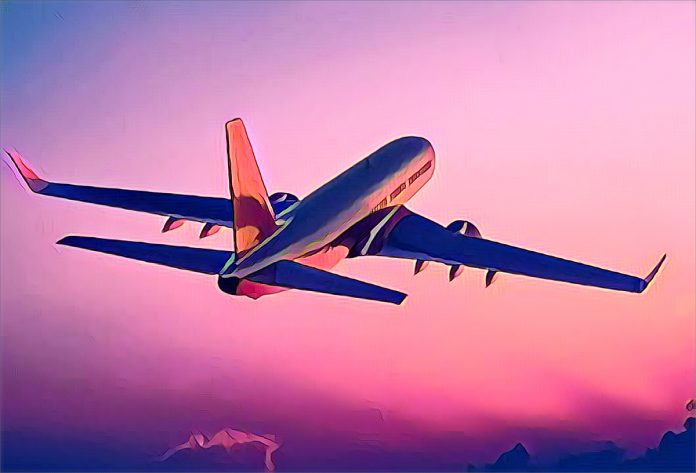In a period marked by economic challenges and escalating costs of living, Nigerians are facing an additional burden: the significant surge in airfares. Despite previous assurances from the Minister of Aviation, Festus Keyamo, regarding measures to address sharp practices within the aviation sector, air travelers continue to witness steep hikes in ticket prices, fueling widespread discontent.
The Nigeria Civil Aviation Authority (NCAA) has responded to the outcry by establishing a committee aimed at investigating the escalated fare prices imposed by foreign airlines while acknowledging the efforts to regulate domestic flight costs. Yet, the impact on domestic travel is palpable, with current economy class airfares from Lagos to Abuja oscillating between N92,000 and N113,000, and business class tickets soaring as high as N253,000. Compared to prices two years ago, fares have spiked by over 300 percent, a stark reflection of the country’s inflationary trend and the devaluation of the Nigerian naira.
Industry insiders point to a confluence of factors driving up operational costs for airlines, notably the surging price of aviation fuel, the high exchange rate, and elevated aircraft maintenance expenses. Simon Tumba, Chief Executive Officer of SYT Communications, highlights the dilemma faced by airlines as aviation fuel prices leap from N1,000 to N1,600 per liter within a fortnight. The widespread dollarization of aviation services further compounds the issue, forcing airlines to adjust their pricing strategies to cover escalating costs, despite the adverse impact on passengers.
“The reality is grim,” Tumba remarks, underscoring the industry’s reliance on dollar-denominated payments for nearly all services, from aircraft maintenance to the remuneration of foreign pilots and crew. This economic structure leaves airlines with little choice but to pass the financial burden onto their customers, a decision that, while necessary from a business standpoint, exacerbates the affordability crisis for air travel.
Aviation expert Olumide Ohunayo echoes this sentiment, describing the current airfare rates as “crazy” and attributing them to the skyrocketing operating costs within the sector. With fuel prices and the exchange rate against the naira reaching unprecedented levels, airlines are cornered into setting prices that ensure their survival rather than profitability. “It’s not solely an airline issue—it’s a reflection of the broader economic situation,” Ohunayo asserts, calling for interventions to alleviate the pressures on both the aviation industry and its clientele.
The soaring cost of air travel in Nigeria is emblematic of the broader economic challenges confronting the country. Inflation, coupled with a depreciating currency, has put immense pressure on various sectors, with the aviation industry emerging as a critical flashpoint. As operational expenses continue to climb, airlines are forced to recalibrate their pricing, making air travel increasingly inaccessible for a large segment of the population.
This scenario underscores the need for comprehensive measures to address the root causes of the aviation sector’s woes, from exploring avenues to stabilize the exchange rate to enhancing the efficiency of fuel supply chains. Moreover, there’s a growing call for innovative strategies to reduce reliance on imported services and components, thereby insulating the industry from global market volatility.
The current situation presents a complex challenge that requires a multifaceted response, involving stakeholders across the aviation sector, government policymakers, and the international community. By tackling the underlying economic issues, Nigeria can pave the way for more sustainable and accessible air travel, critical to the country’s development and the well-being of its citizens.
As Nigerians navigate these turbulent times, the soaring airfares serve as a stark reminder of the intertwined destinies of the aviation sector and the national economy. The path to resolution lies in collective action and strategic planning, with the goal of ensuring that air travel, a vital artery of national and international connectivity, remains within reach for all segments of society.



